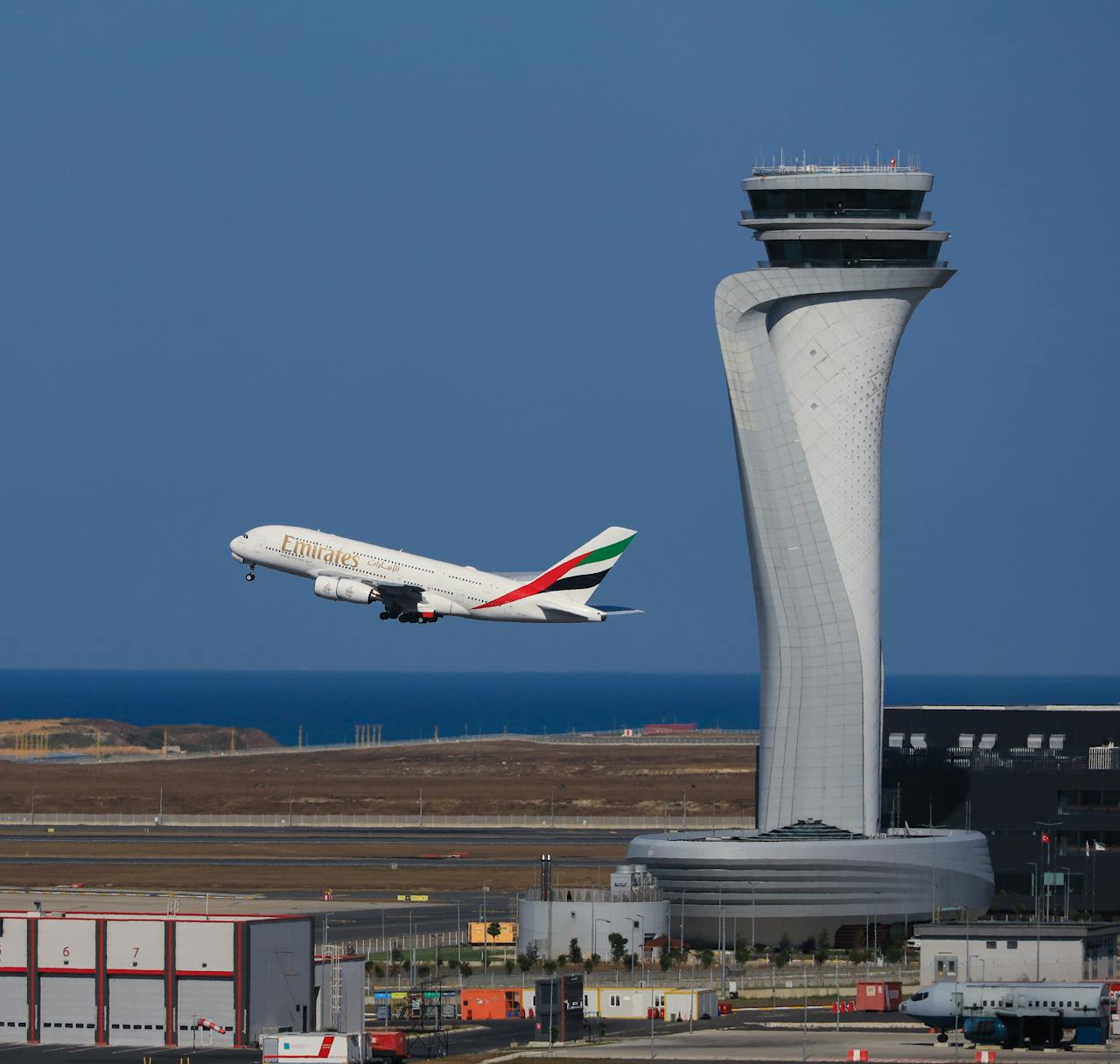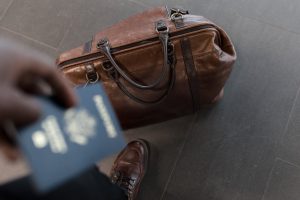Travel Insurance for Flight Delays and Cancellations
Few things ruin a trip faster than a delayed or canceled flight. In 2024 alone, over 21% of global flights were delayed and 3.2% canceled, according to FlightAware. That translates to nearly 400 million passengers affected worldwide. While airlines are obligated to assist under regulations like EU261 in Europe or the U.S. DOT rules, the reality is compensation can be slow, partial, or limited.
This is where travel insurance for flight delays and cancellations comes into play. A well-chosen policy can cover meals, hotel stays, alternative transport, and even reimburse prepaid non-refundable trip costs when airlines fall short.
2025 Data: Why This Matters More Than Ever
- Global disruption: Flight delays increased 8% compared to 2023 (FlightStats 2025).
- Cost to travelers: The U.S. Travel Association estimates delays and cancellations cost U.S. passengers over $12 billion annually in out-of-pocket expenses.
- Insurance claims: Allianz Partners’ 2025 Travel Report shows 28% of all claims filed were due to flight delays or cancellations, making it the second most common claim type after medical emergencies.
- Denials: ITIJ notes 10–15% of claims get denied because travelers didn’t meet minimum delay hours or lacked documentation.
What Does Travel Insurance Cover?
Coverage varies, but most standard travel insurance policies include:
- Flight delay coverage: Reimbursement for meals, hotels, and essentials when delays exceed a set threshold (commonly 3–6 hours).
- Trip interruption: Reimbursement for unused non-refundable portions of your trip if a cancellation forces a change.
- Trip cancellation: Refund for prepaid expenses if your flight is canceled due to covered reasons (e.g., severe weather, airline strike, illness).
- Alternative transport: Coverage for rebooking a different airline or train if necessary.
- Exclusions: Delays under 3 hours, cancellations due to personal choice, or issues already compensated fully by the airline.
Side-by-Side Comparison: Airline vs Insurance
| Situation | Airline Responsibility | Travel Insurance Compensation | Notes |
|---|---|---|---|
| Short delay (≤2 hrs) | Often nothing | Usually not covered | Insurance typically kicks in after 3–6 hrs |
| Long delay (6+ hrs) | Meals, possible hotel (EU/US rules) | Meals, hotel, transport costs, sometimes extra cash | Faster payouts than airlines |
| Cancellation by airline | Refund or rebooking | Non-refundable trip costs, extra transport, hotels | Insurance fills gaps airlines don’t |
| Weather-related cancellation | Often exempt | Usually covered | Especially important for winter storms |
Case Study: A Business Traveler’s Nightmare
Scenario:
James, a U.S. consultant, had a flight from Chicago to Frankfurt for a client meeting. A snowstorm canceled his flight, and the next available seat was 24 hours later.
- Airline compensation: Full refund or rebooking (but no hotel or meals).
- Insurance payout: $250 for hotel, $80 for meals, and $600 reimbursement for a missed prepaid train connection in Germany.
- Outcome: Insurance saved James nearly $1,000 in unplanned costs, and he still reached his client with minimal disruption.
Step-by-Step: How to File a Claim
Step 1: Keep proof of delay/cancellation
Ask the airline for a written confirmation or screenshot flight status updates.
Step 2: Track your expenses
Save receipts for meals, hotels, taxis, and replacement bookings.
Step 3: Notify your insurer
Most require notification within 24 hours via phone or online portal.
Step 4: Submit documents
Upload receipts, boarding passes, and airline confirmation letters.
Step 5: Follow up
Many insurers process claims digitally within 7–14 days, faster than airline reimbursements.
Key Trends in 2025
- Digital-first claims: Over 80% of insurers now allow full online claims, cutting processing times in half.
- Weather disruptions on the rise: Climate change has increased extreme weather–related cancellations by 20% in the past three years (OECD Tourism 2025).
- Premium add-ons: Allianz, for example, offers “SmartDelay” which pays a fixed cash sum automatically after a delay threshold, no receipts required.
- Bundled protections: More insurers now combine trip cancellation, interruption, and delay into single policies, streamlining claims.
FAQ: Flight Delays and Travel Insurance
Q1: How many hours must a delay be before insurance pays?
Most policies require a minimum of 3–6 hours, but premium policies may start at 2 hours.
Q2: Can I claim both from the airline and insurance?
Yes, but insurers may deduct what you already received from the airline.
Q3: Does insurance cover missed connections?
Yes, if the missed connection was due to a covered delay and leads to extra expenses.
Q4: Are weather-related delays covered?
Generally yes, unless the policy explicitly excludes weather.
Q5: What if I choose to cancel my trip?
Voluntary cancellations are not covered unless your policy includes “Cancel For Any Reason” (CFAR) coverage.



